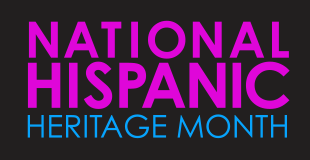July 2021 Virtual Display: Information and Support for Unhoused People
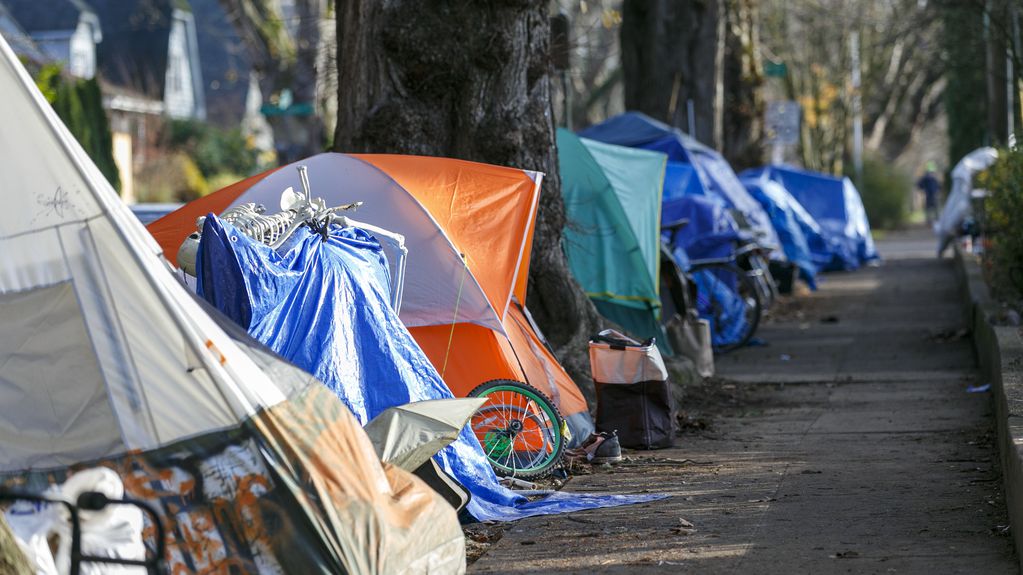
This virtual display exists to provide information and resources for unhoused people and people experiencing housing insecurity, along with articles about how to best provide support for unhoused people and learn about their experiences. Some of the resources are specific to Clark students and Clark County, while others are more general.
Follow the links below to check out some ebooks, videos, articles, and other digital resources. To access ebooks click on the title below, and once you are on the library website click the link next to “Get It Now At:” and sign in with your lab username and password. Some may have a link at the top of the page that says “Check for full text” instead. Non-Clark Libraries resources do not require a Clark Labs account.
Ebooks
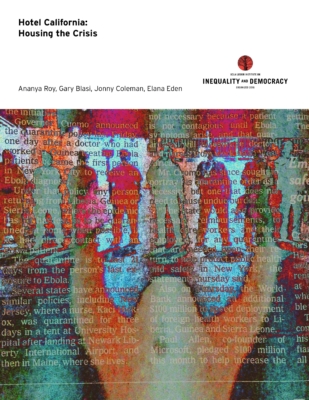
|
|

|
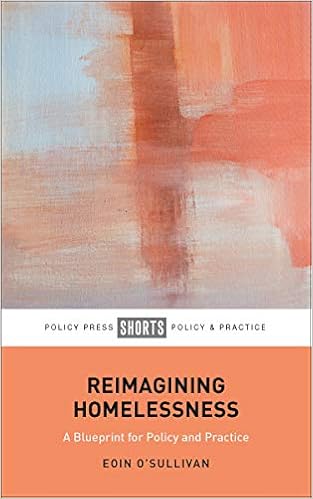
|

|

|
Outside Resources
Articles
Candace Avalos column: Our unhoused neighbors deserve a safe and clean place to sleep
“Giving our unhoused community diverse housing options will not only help us solve the houselessness crisis, but it also gives people the dignity to choose a shelter option that fits their unique needs. While we work through the logistics that come with any major policy change, we must keep our eyes on the bigger picture. Having a safe and clean place to lay your head at night is a basic need that we all deserve, regardless of our income level or any other personal circumstances”
City of Vancouver announces new plan to address homelessness
“The city says the proposed plan, which was endorsed by Vancouver City Council members on Monday, will provide ways to respond to the ‘most urgent impacts to the housed and unhoused.’ Those impacts include garbage, trash and clutter in public spaces; residents living in tents or vehicles in public rights-of-way; and improving livability and health for the homeless, including the removal of barriers of accessing services.”
“At The Oaklandside, we try to not make those decisions on our own, listening instead to community members about the language they feel reflects and represents them. Recently, I’ve been asking several of my sources on the homelessness beat—unhoused Oaklanders, people advocating for them, and people who belong to both groups—what they think about how they’re described in news reports. I’d like to share some of what I’ve heard, and how our newsroom is thinking about these issues.”
The Language Around Homelessness Is Finally Changing
“In response, copy editors are embracing more compassionate terminology when choosing language to represent marginalized identities. Using terms like “the homeless” is reductive and purposely isolates a specific group, making it seem like the needs of that group are not representative of the whole of society. People who are homeless must overcome stereotypes, get routinely harassed by law enforcement, and are often the victims of violent attacks. More humanizing language might make their neighbors who live in homes more understanding of their plight.”
Time to Retire the Word ‘Homeless’ and Opt for ‘Houseless’ or ‘Unhoused’ Instead?
“The change is happening in part as governments move away from punitive measures amid a deepening housing crisis. Past efforts have not resolved the matter, and both policy and messaging are shifting. The word homeless has become inseparable from a “toxic narrative” that blames and demonizes people who are unhoused, according to Eve Garrow, homelessness policy analyst and advocate for the American Civil Liberties Union of Southern California. The term is increasingly used in a way where it implies someone is dangerous or devious, she said. As a result, a less charged term is more apt.”
What Do Food Pantries Really Need Right Now?
“All that said, there are small things you can do to help bring healthy food to people who wouldn’t have it otherwise. You can volunteer at a food bank, deliver meals to those in need, or donate to a program that’s working to make healthy school lunches available to students whose schools aren’t open. Probably the easiest way to help is to donate healthy food to your local food pantry. But before you go packing up whatever canned goods you have lying around, read up on what food pantries actually need (and don’t need) right now.”
What Do People Experiencing Homelessness Need Most Besides Shelter?
“To experience homelessness isn’t just to lack a roof over your head. Unsheltered individuals live without the means to acquire the basic human comforts of warmth, health, safety, and cleanliness. Whether you’re gathering donations for a local shelter or looking to help a person on your block, consider some of the less-obvious things that many homeless report as essential needs.”
“Houselessness is simply lacking a place to live. We use the term “houseless” because that is the term most of the population we serve chooses to use. We choose to listen to their preference and make the conscious effort to empower our participants in any way we can, which sometimes means adjusting our word choice.”
Resources
Clark County Resource Guide | Council For The Homeless
Homelessness | City of Vancouver, WA
Homelessness – The Trevor Project
Housing Assistance | Clark College
Outsiders Inn (Clark County, WA)
Penguin Pantry | Clark College
Resources By State – Ali Forney Center
Podcasts
Solvable: Homelessness is Solvable on Apple Podcasts
UnAffordable and UnSheltered Podcast
Featured Image Photo Credit: OPB.org
